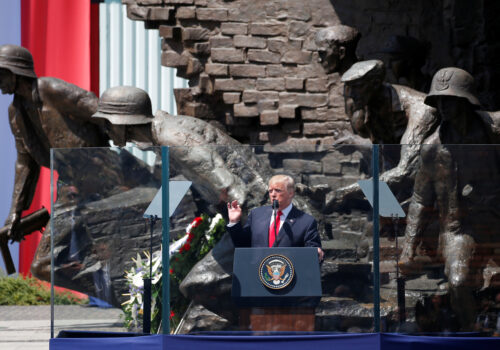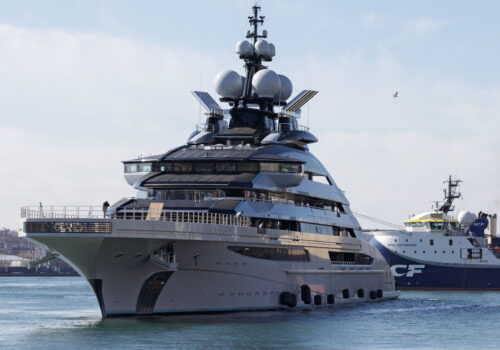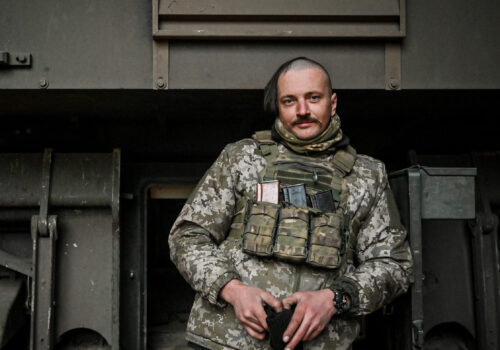Since August, Ukraine has conducted successful counteroffensives in the north and south, taking back over 50 percent of the territory that Moscow seized after the full-scale invasion on February 24, 2022. Ukraine has also conducted successful strikes on Russian military bases in occupied Crimea and on Moscow’s Black Sea Fleet near Sevastopol. Some experts have argued that now is the time for Ukraine to retake Crimea, nine years after Vladimir Putin’s illegal annexation in 2014. Were Ukraine to move in the south and break the land bridge running from Russia to Crimea, Moscow’s hold on the peninsula would be in danger.
Should Ukraine aim for the liberation of Crimea? What support can the West provide? And how might Putin react? Ambassador John Herbst, senior director of the Atlantic Council’s Eurasia Center, moderates a discussion.
Speakers
Debra Cagan
Distinguished Energy Fellow
Transatlantic Leadership Network
Gen. (Ret.) Wes Clark
Former Supreme Allied Commander Europe
Leonid Gozman
Russian opposition politician and commentator
Minister Andriy Zagorodnyuk
Distinguished Fellow, Eurasia Center
Atlantic Council;
Former Minister of Defense of Ukraine
Moderator
issue spotlight

Europe in crisis
War in Ukraine
Experts from across the Atlantic Council are assessing the consequences of Russia’s February 2022 invasion, including what it means for Ukraine’s sovereignty, Europe’s security, and the United States’ leadership.

The Eurasia Center’s mission is to promote policies that strengthen stability, democratic values, and prosperity in Eurasia, from Eastern Europe in the West to the Caucasus, Russia, and Central Asia in the East.



